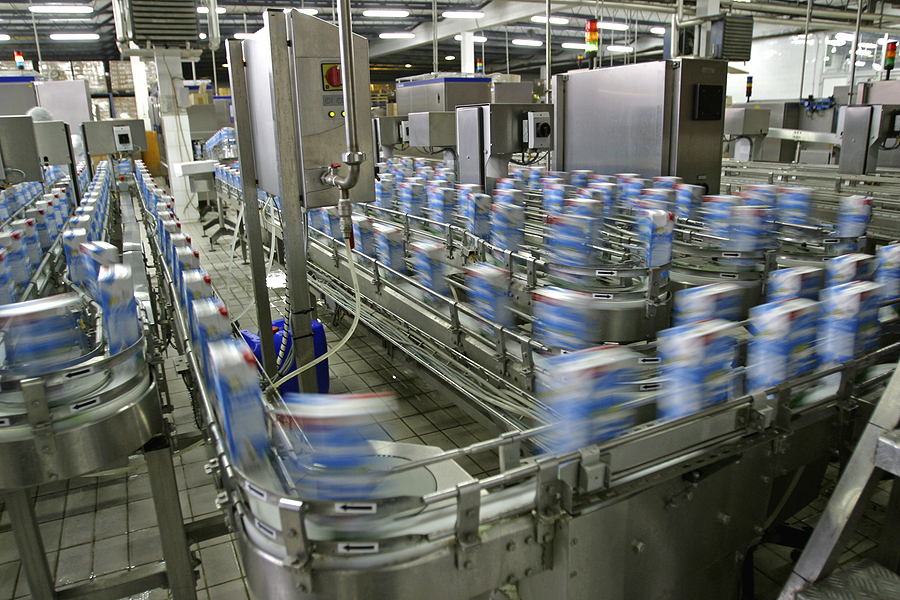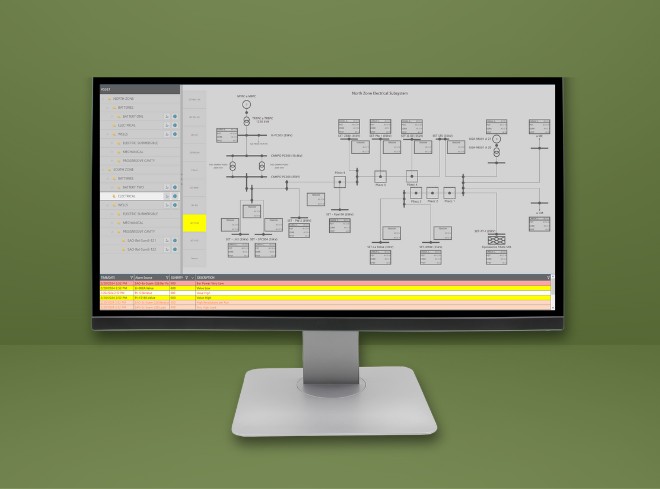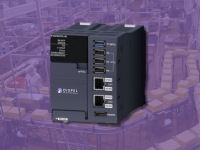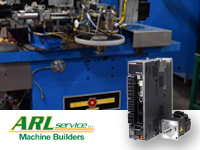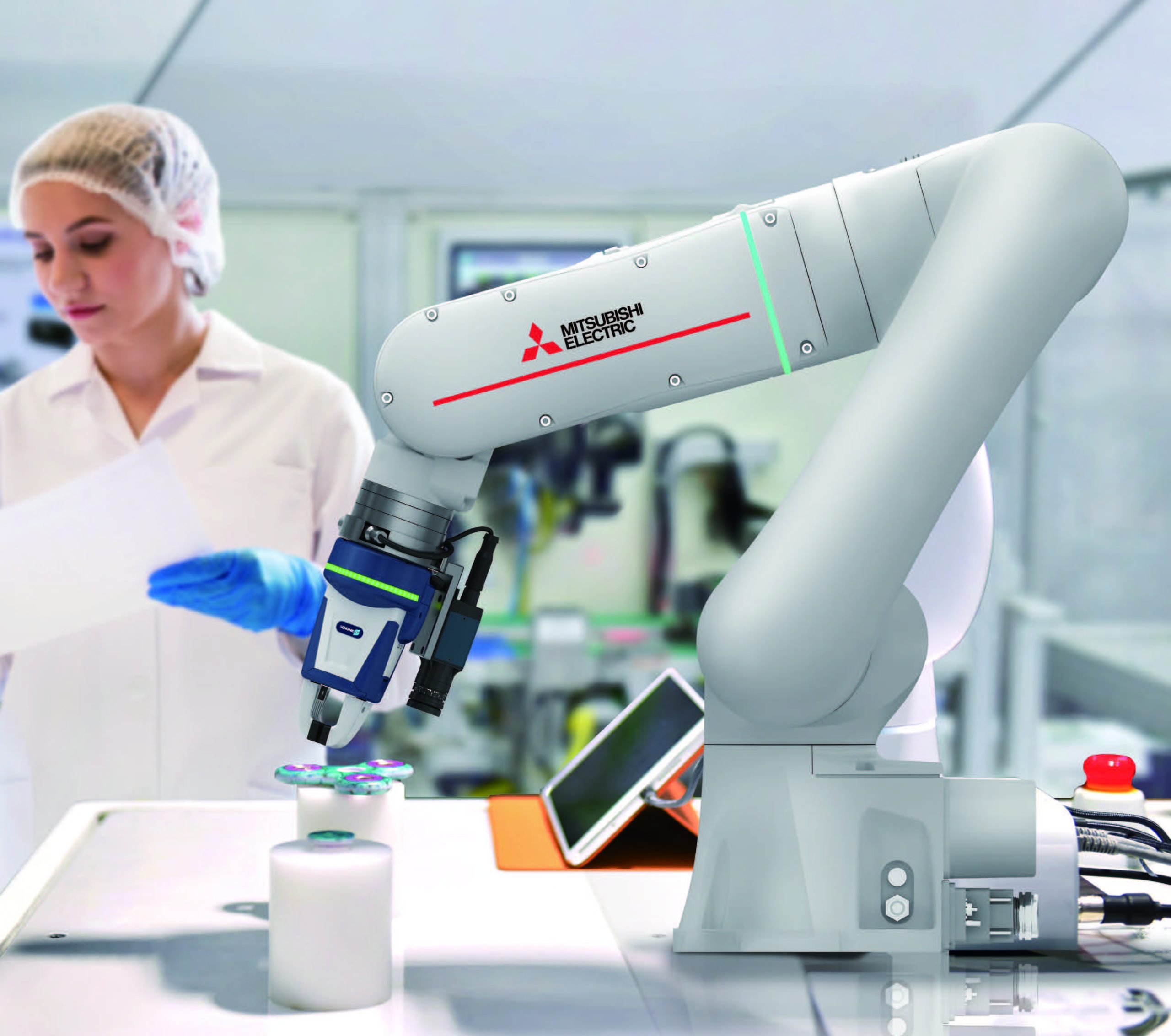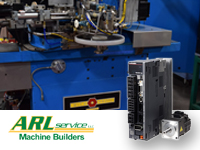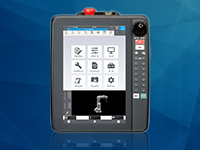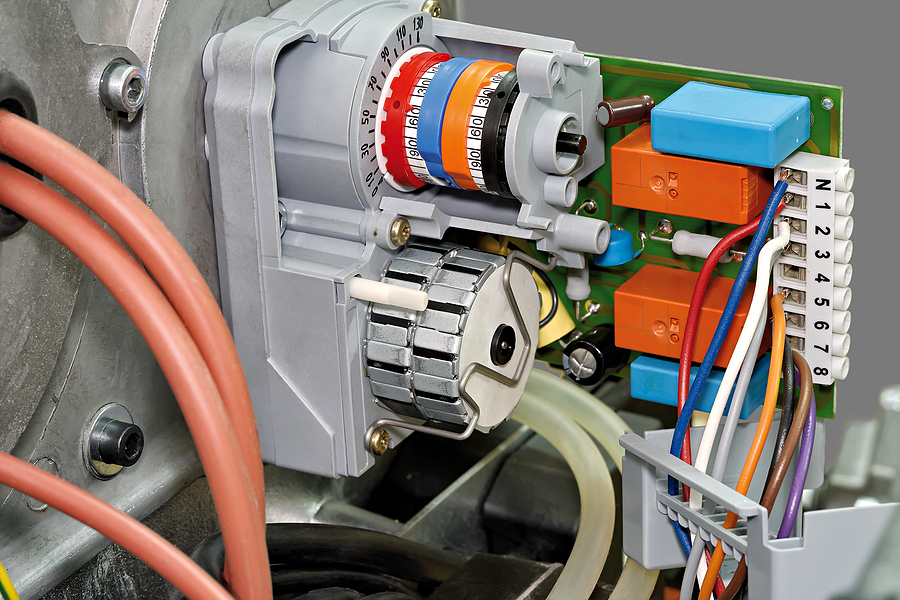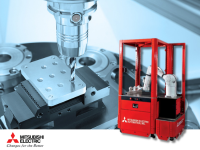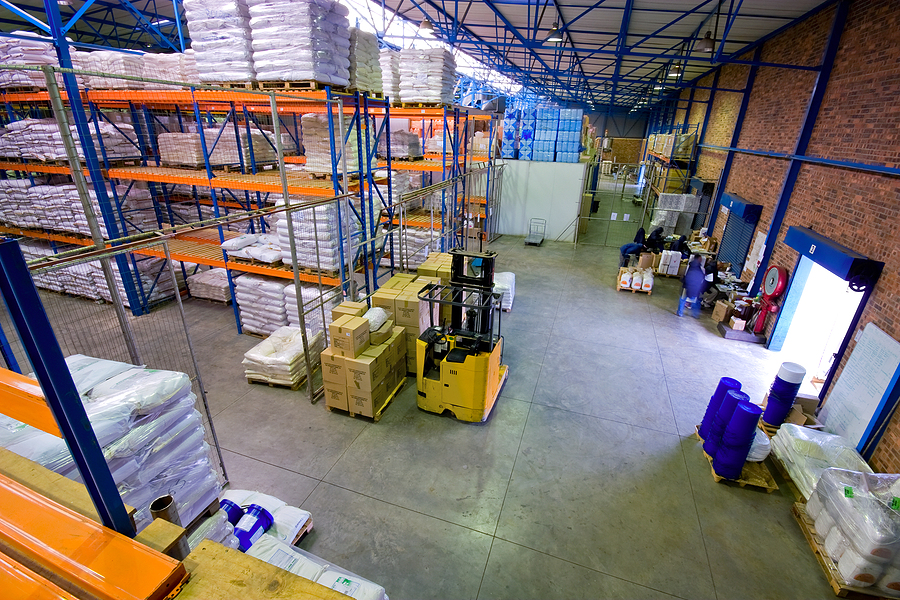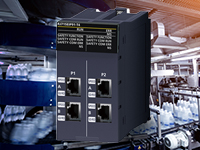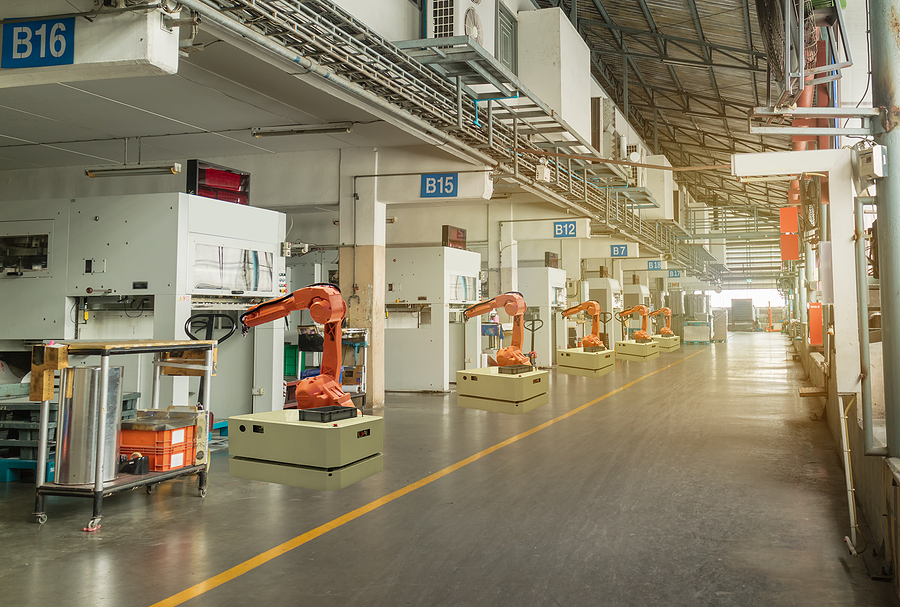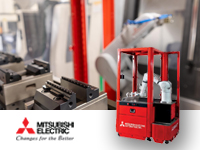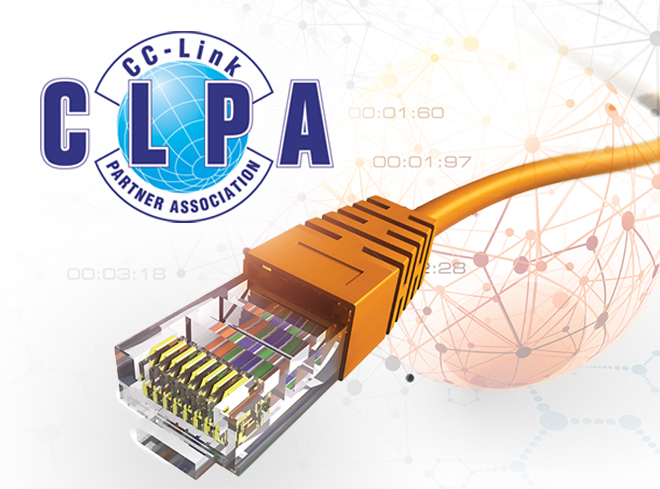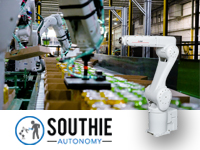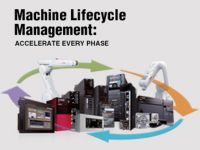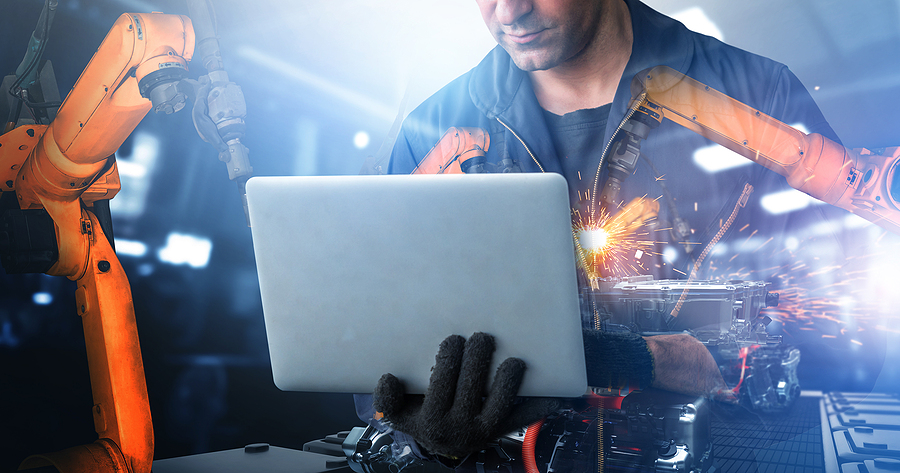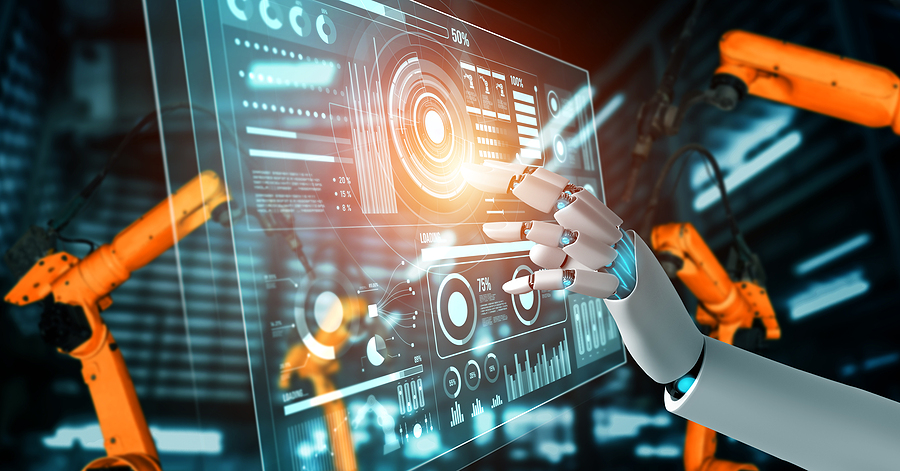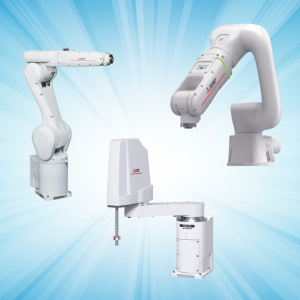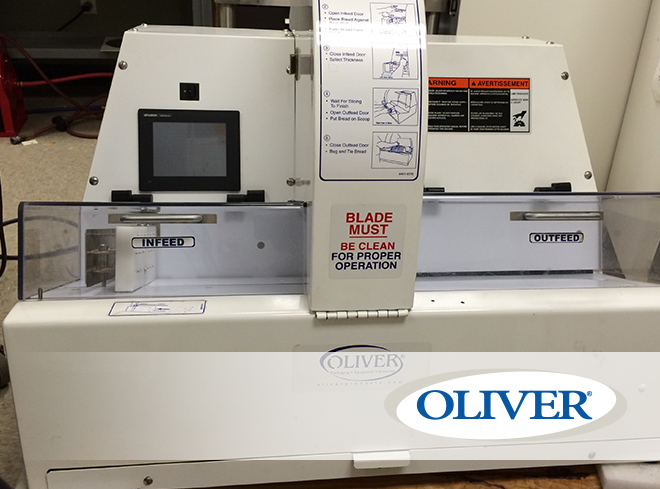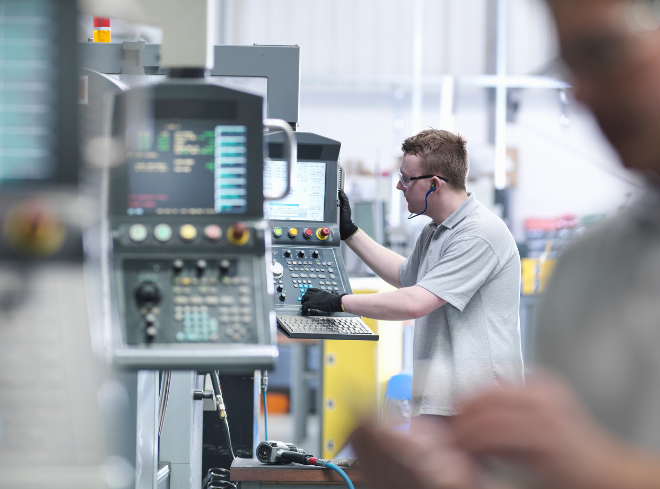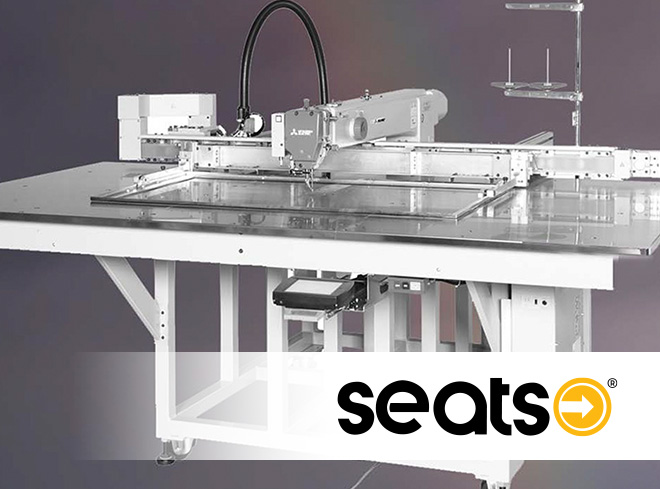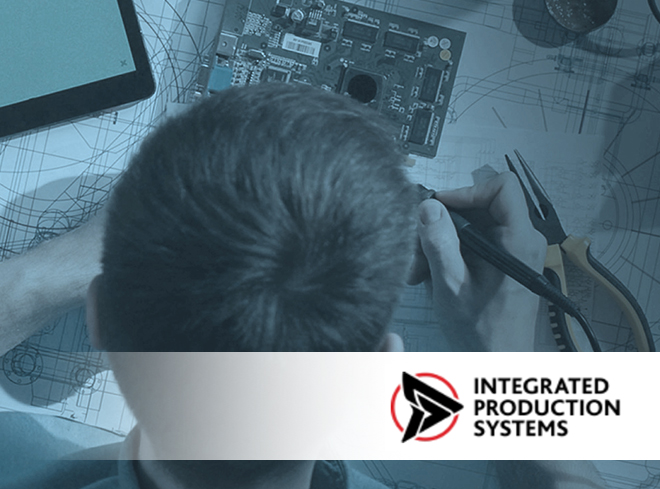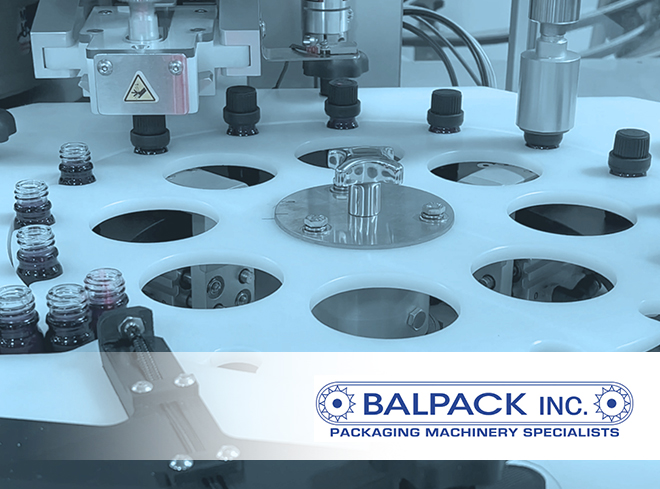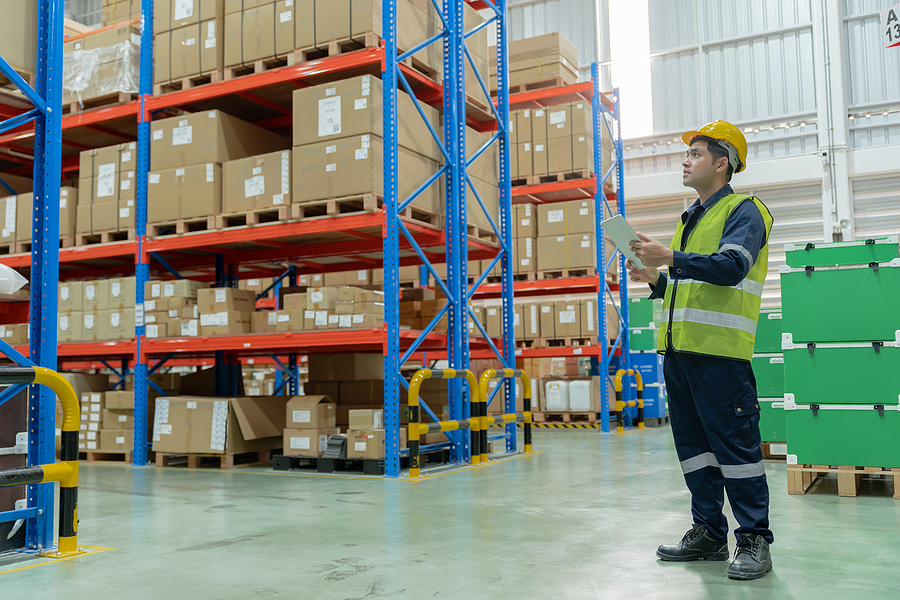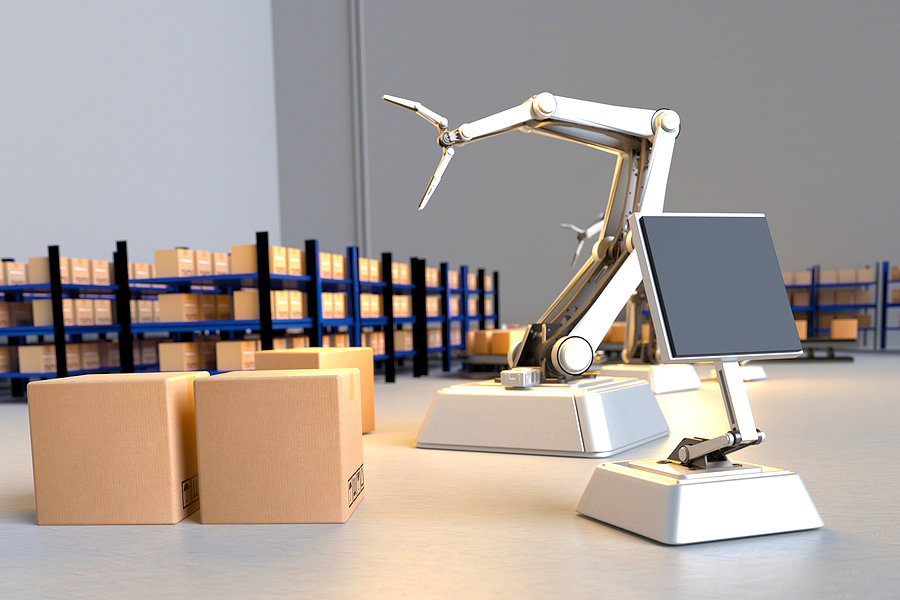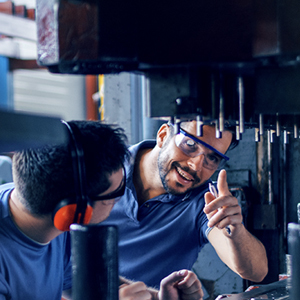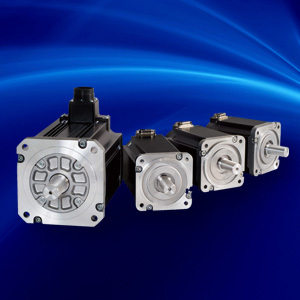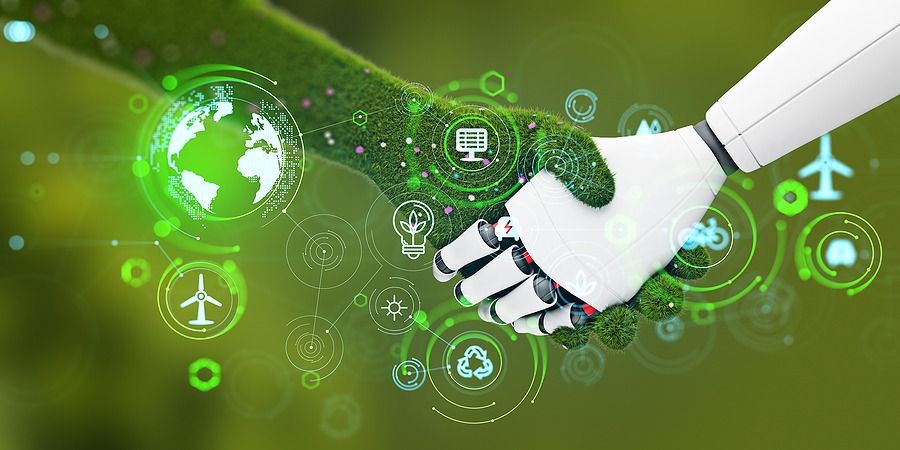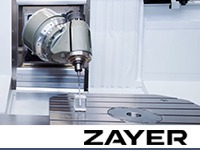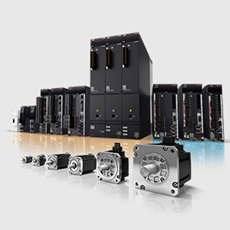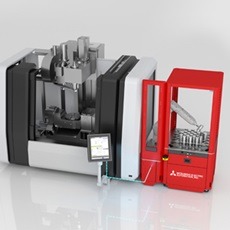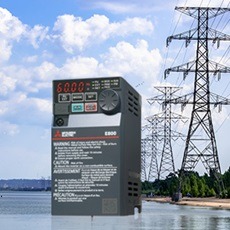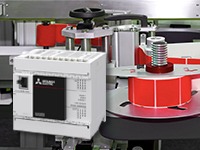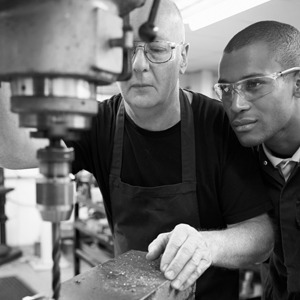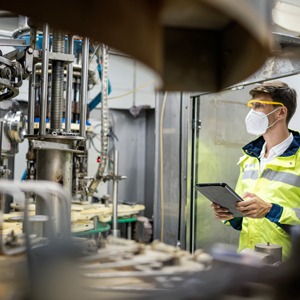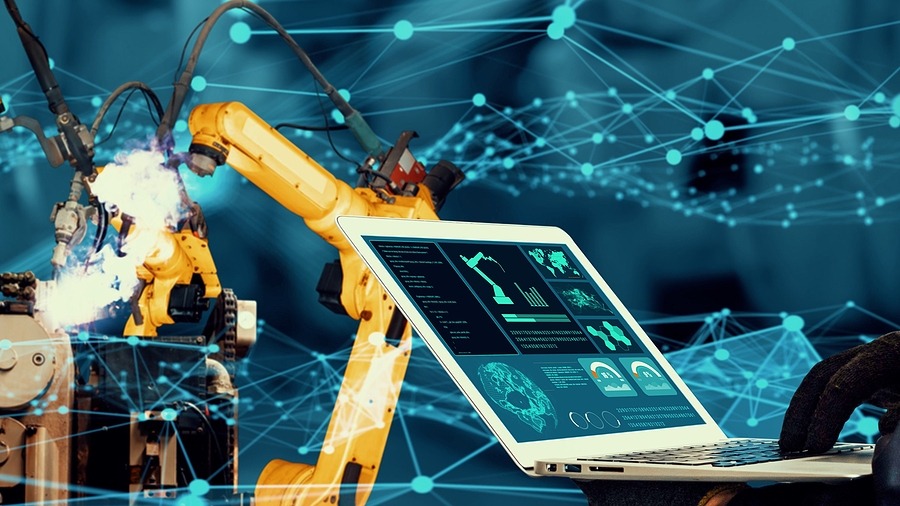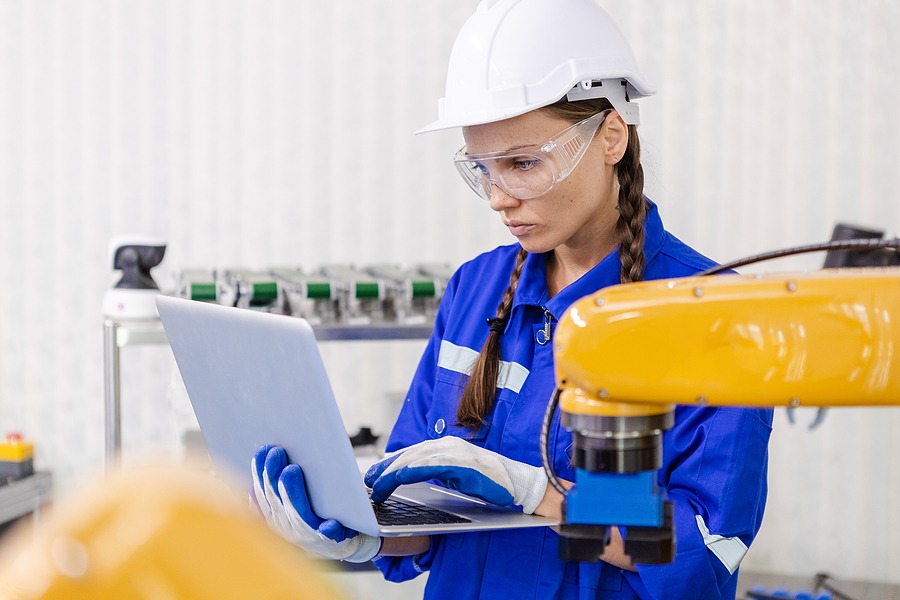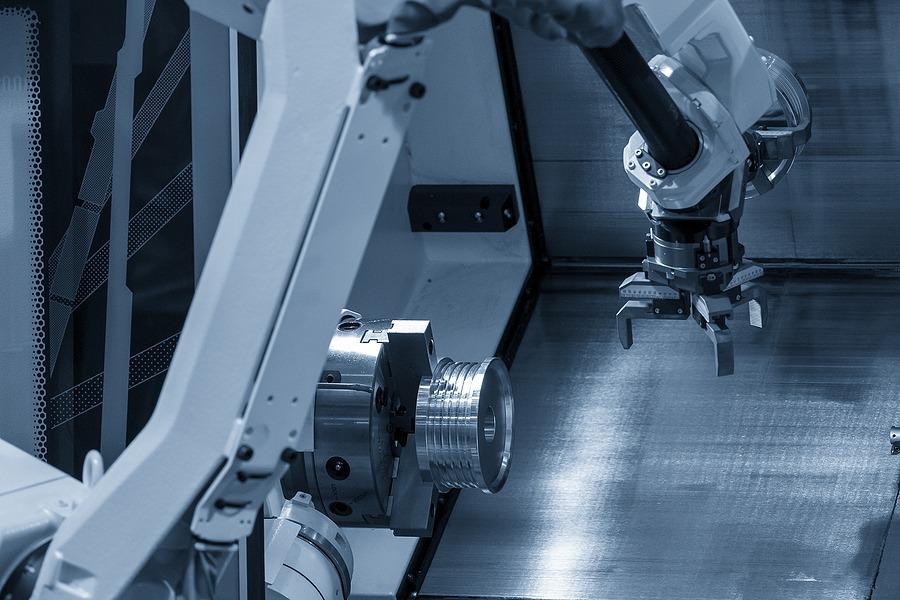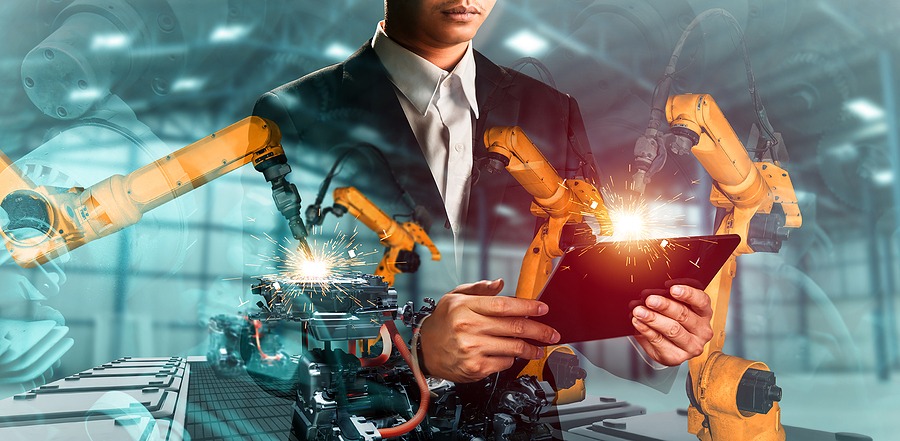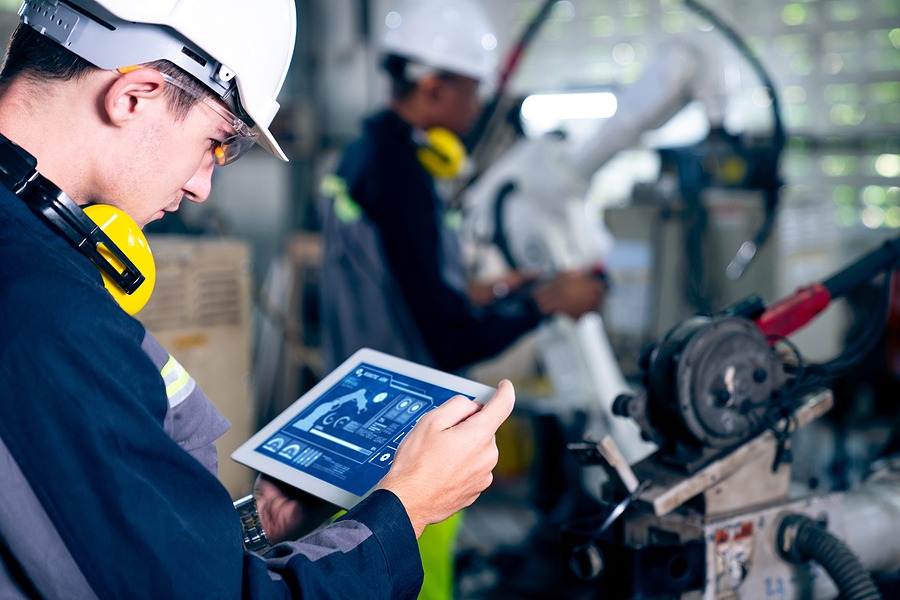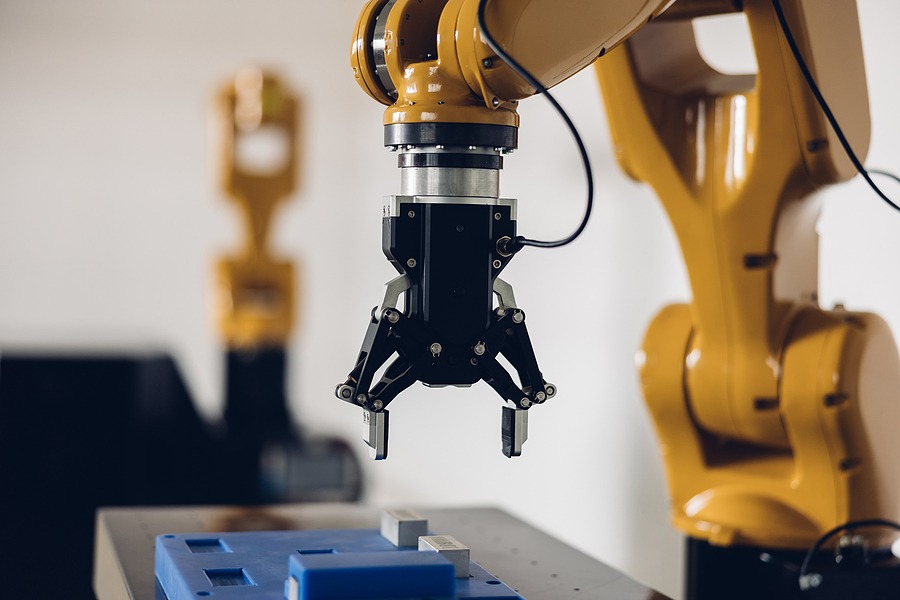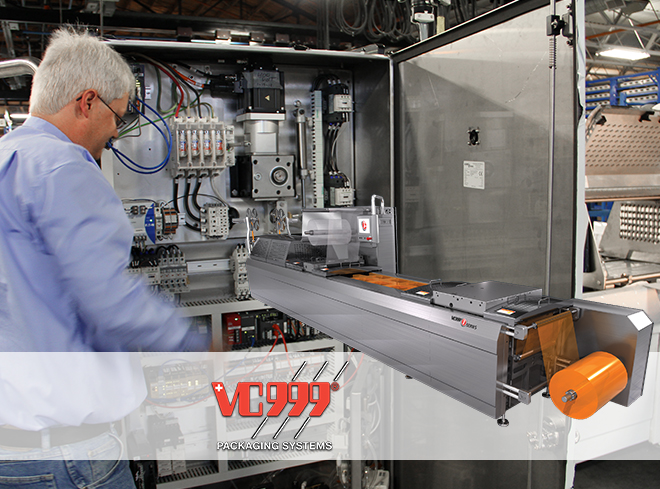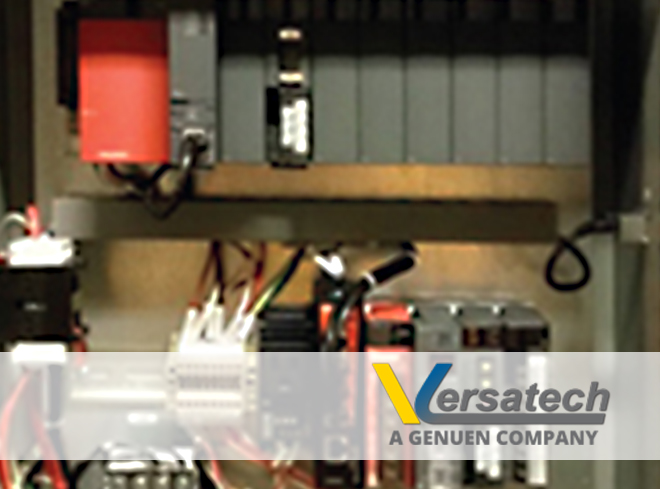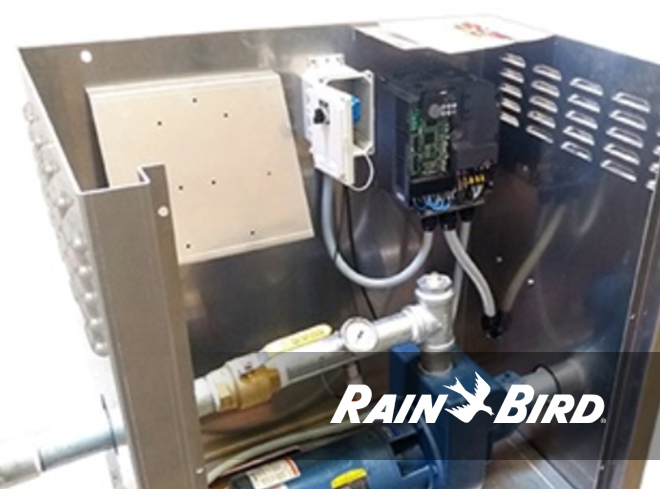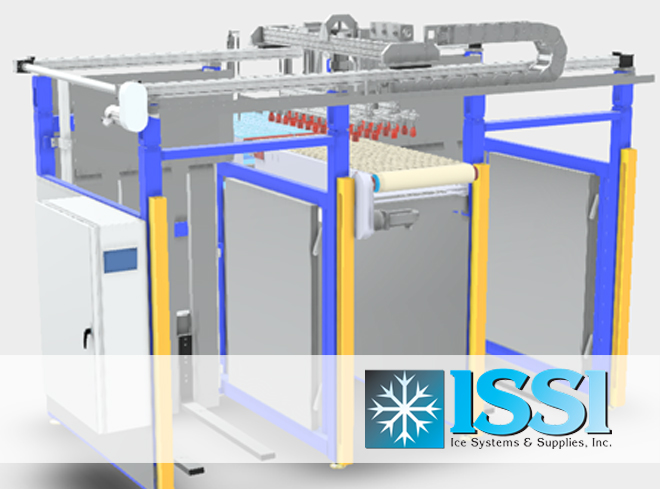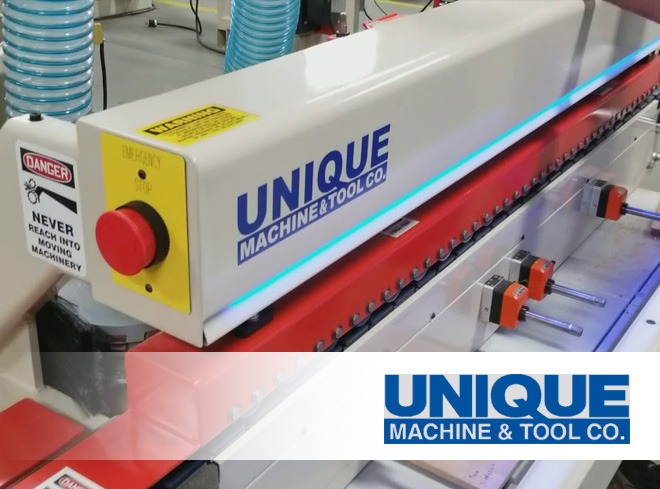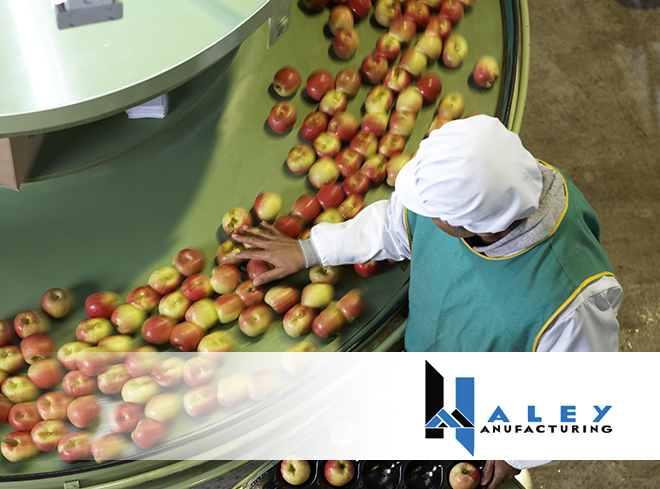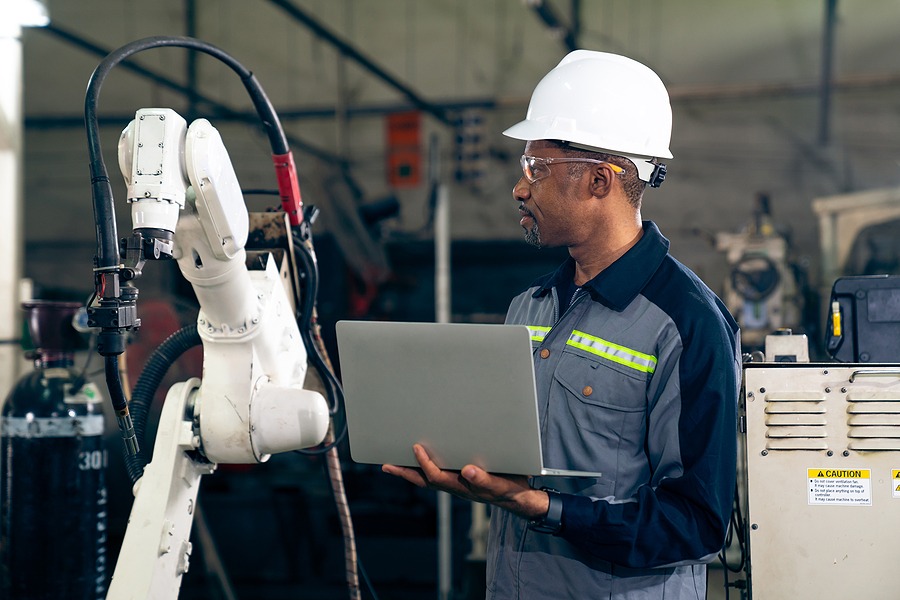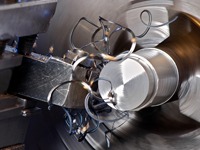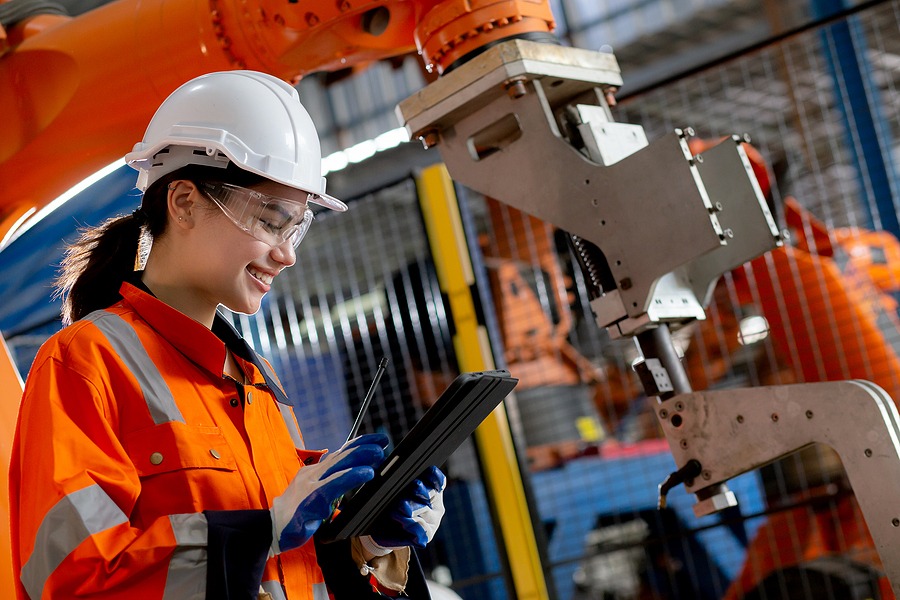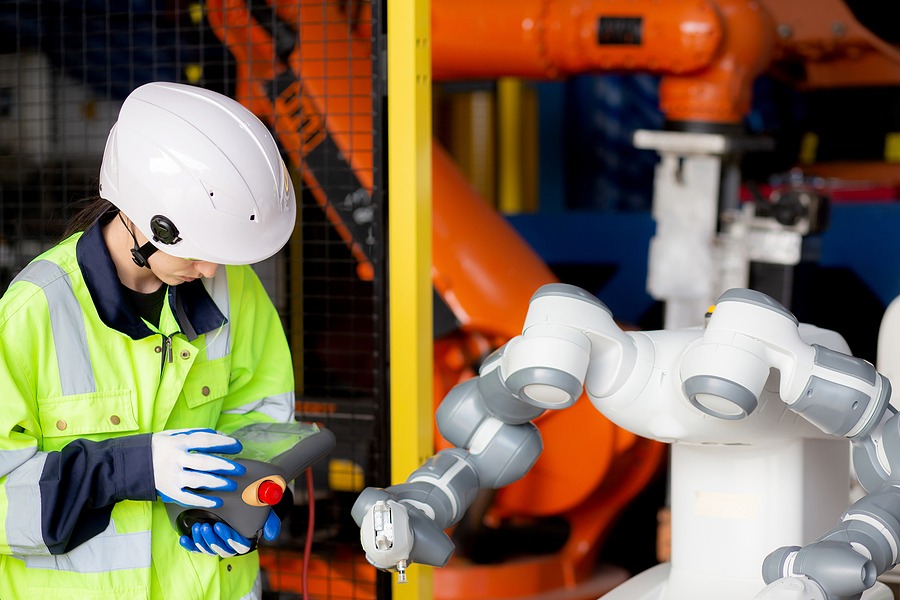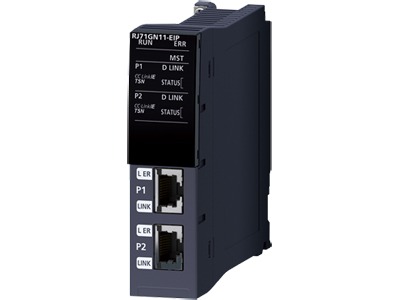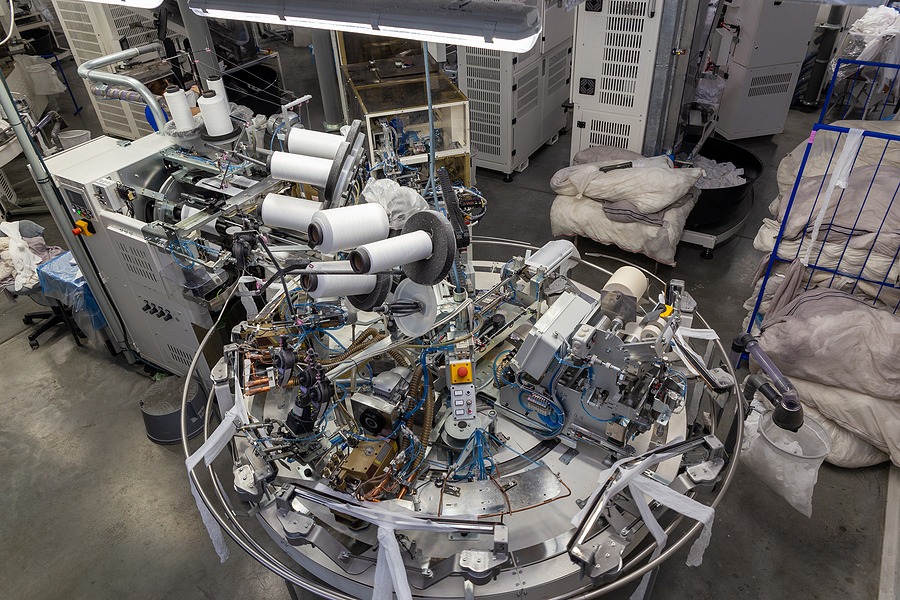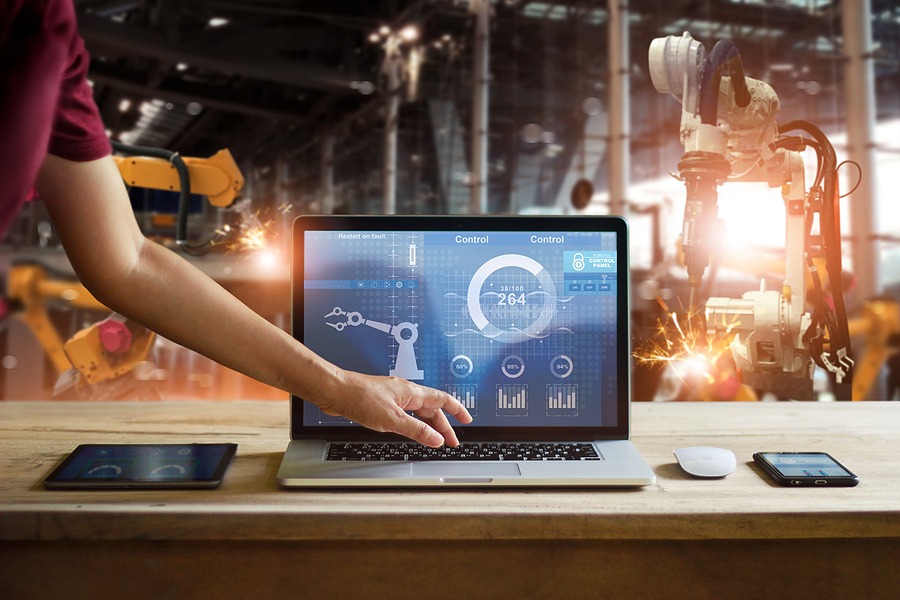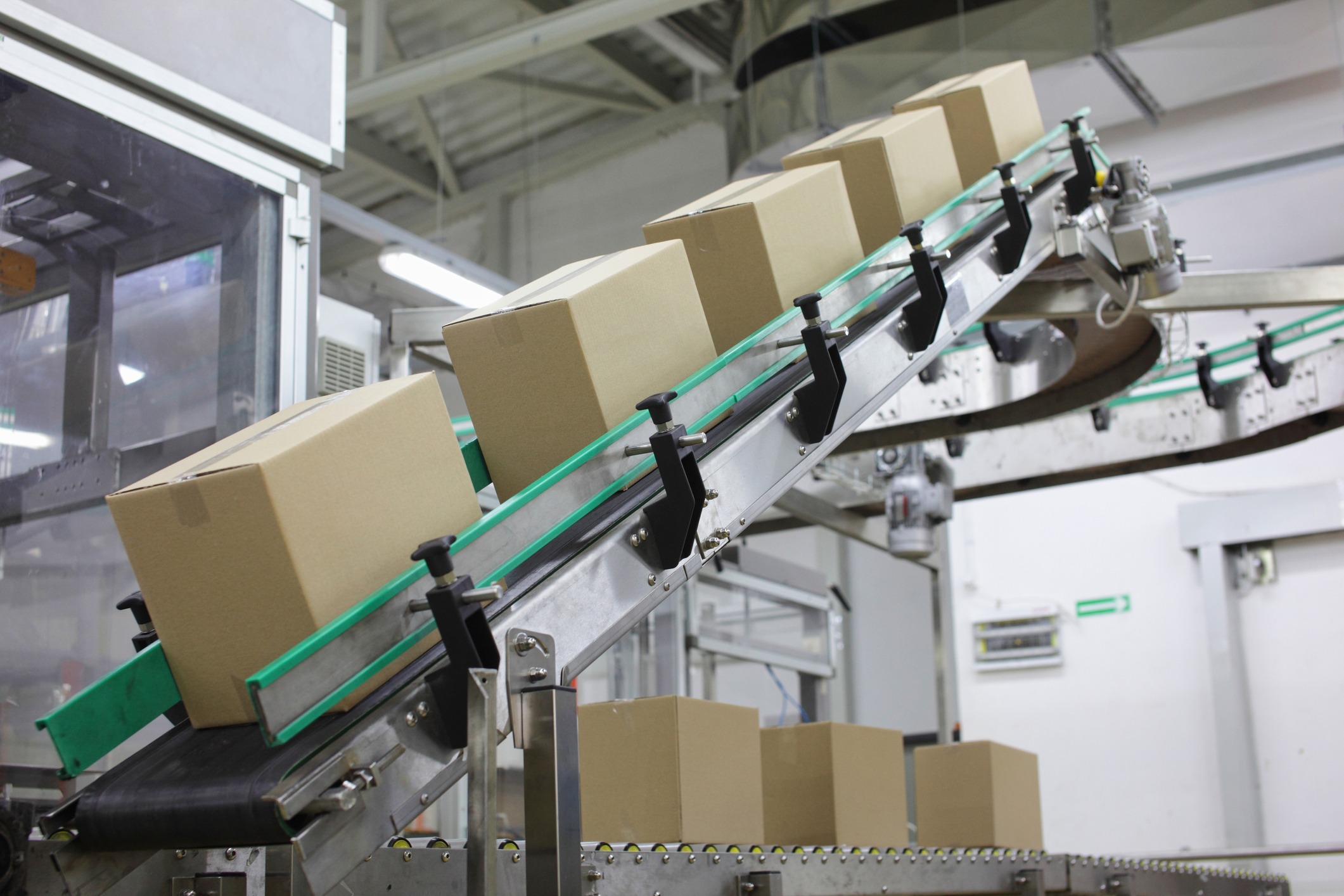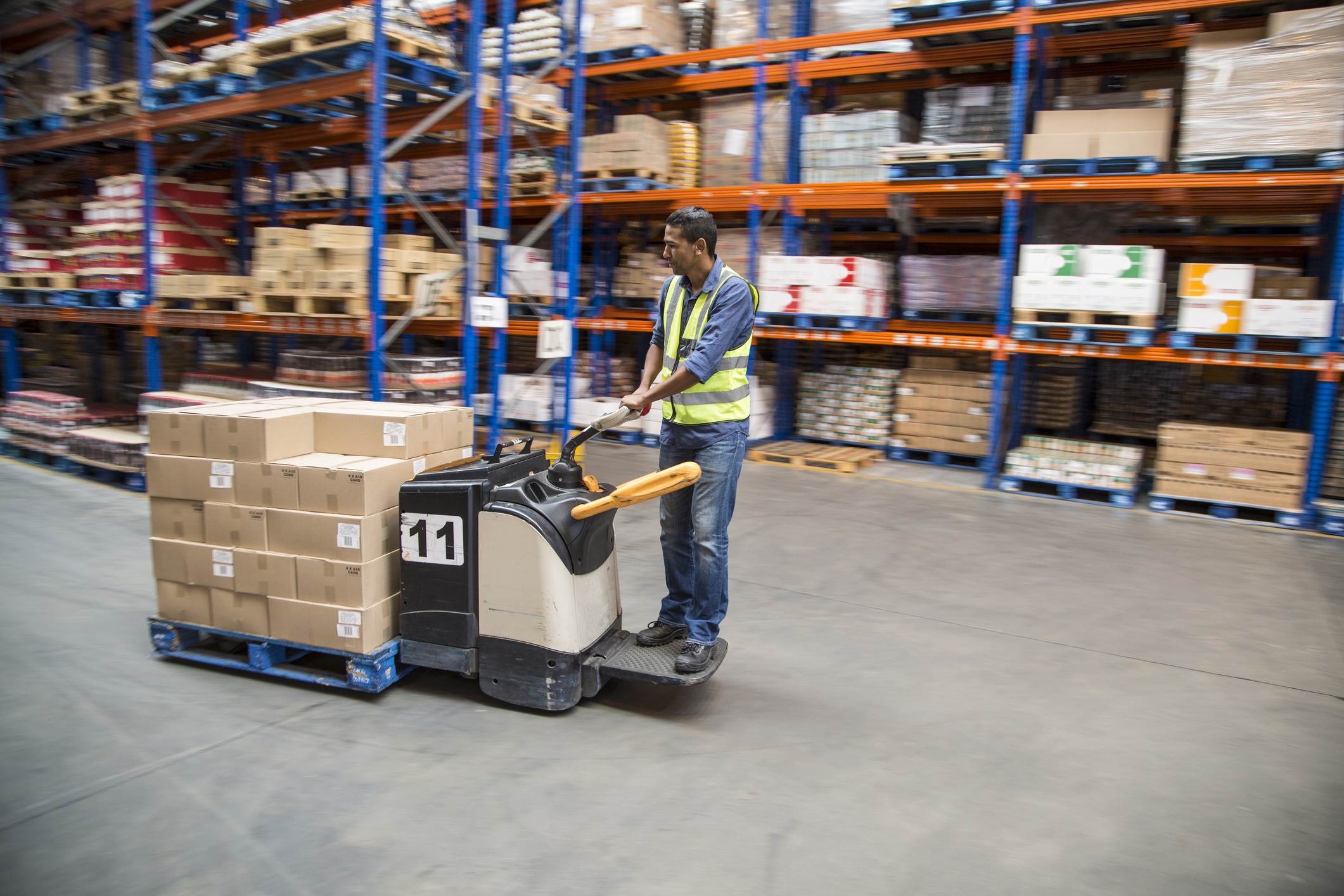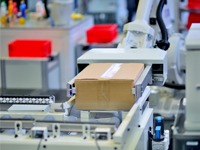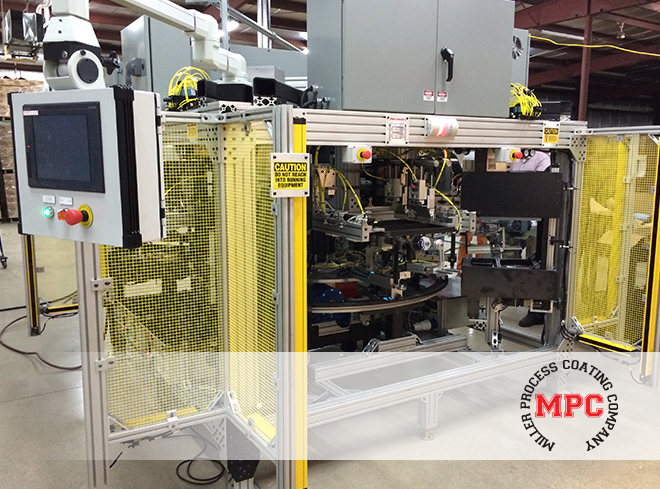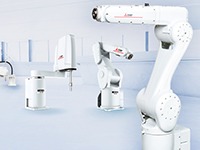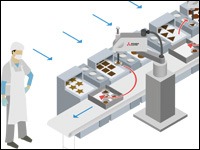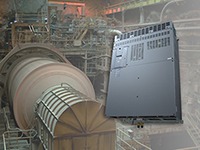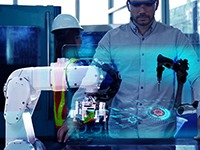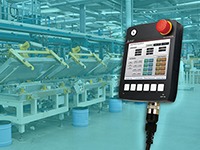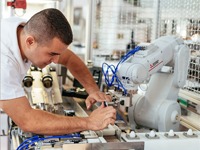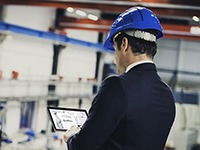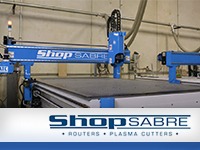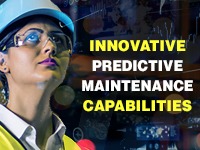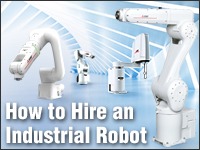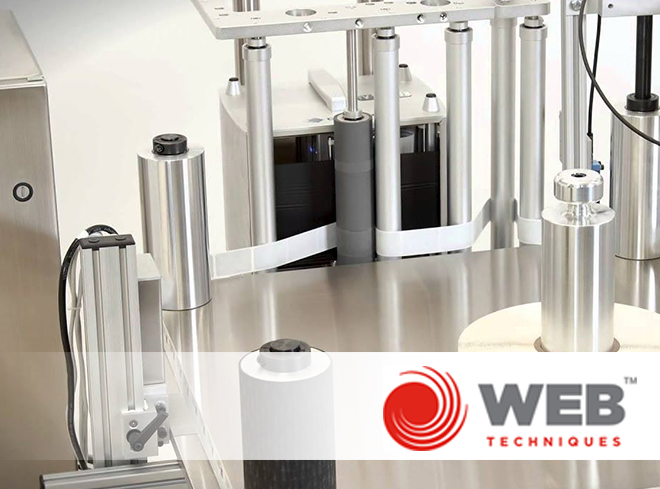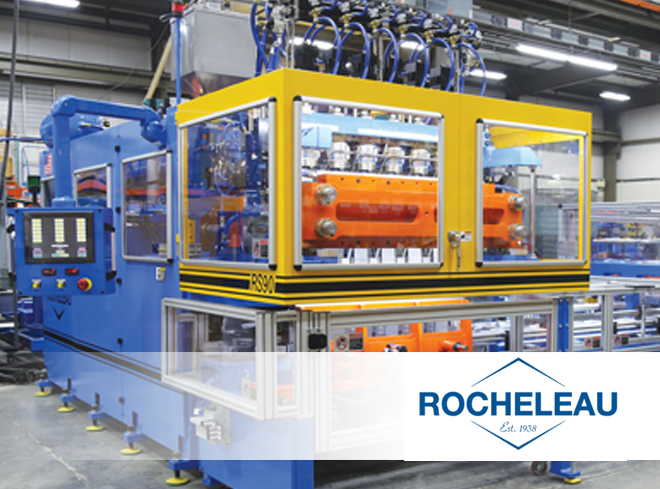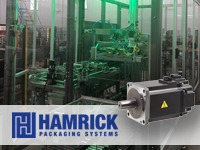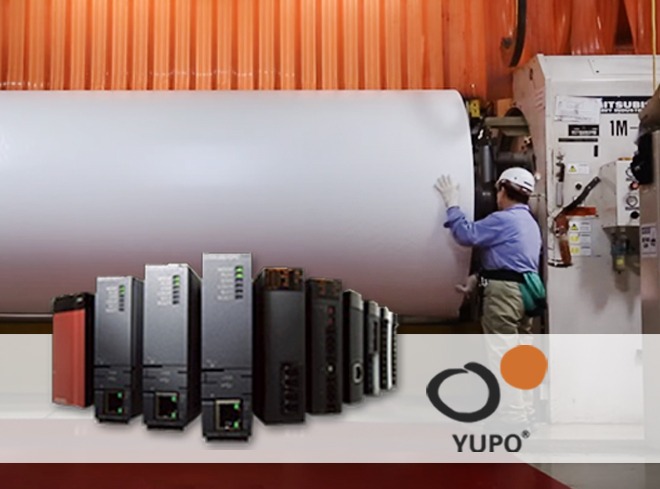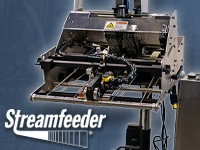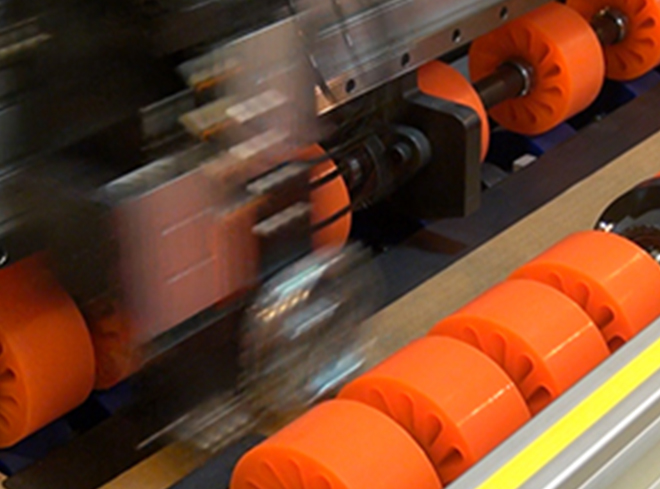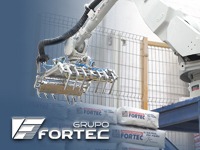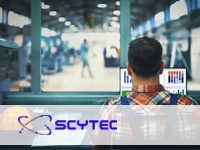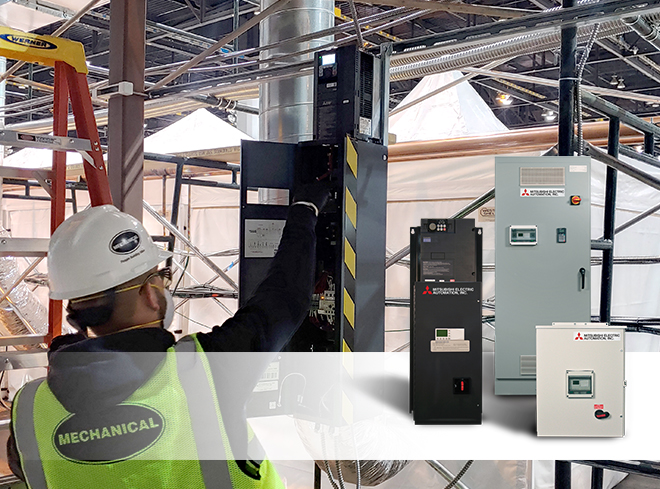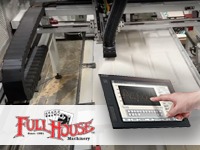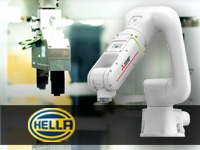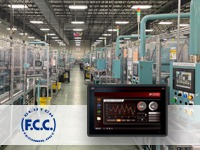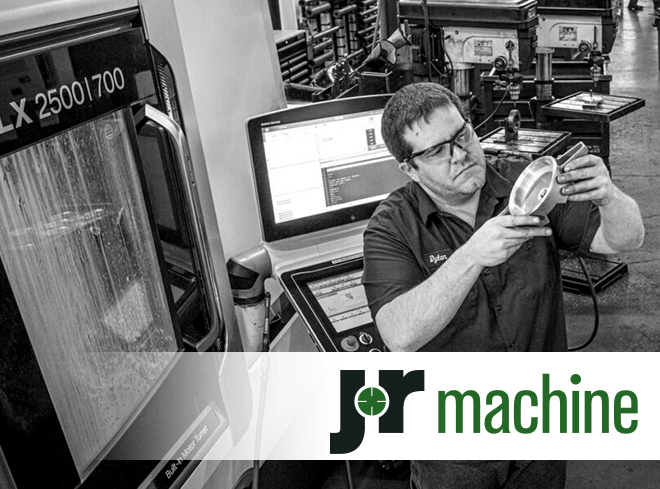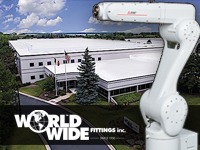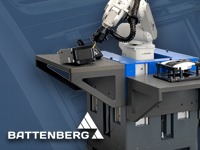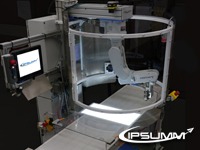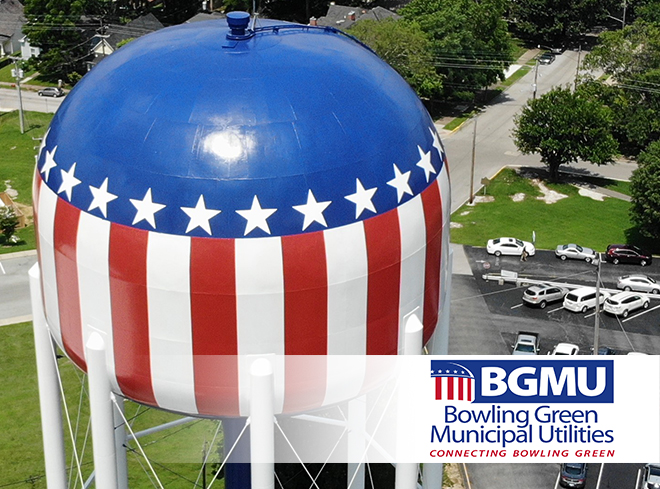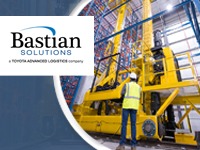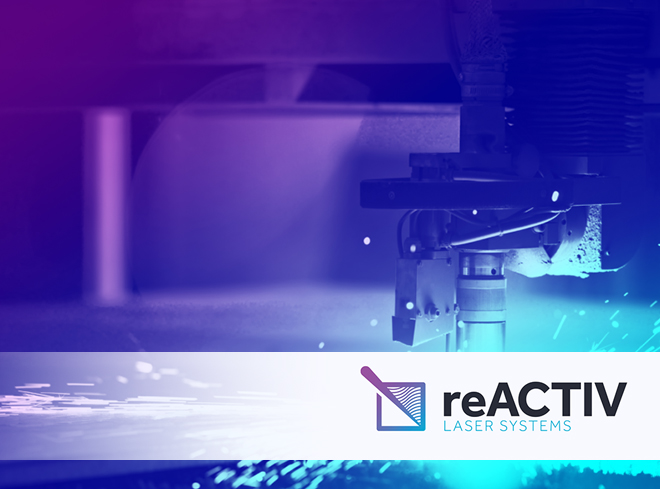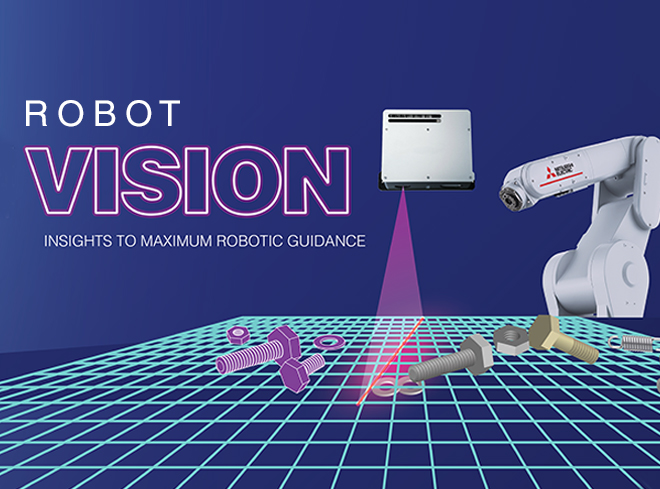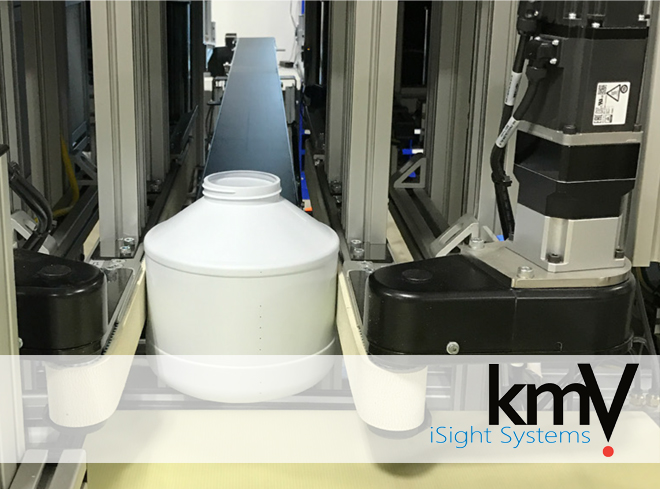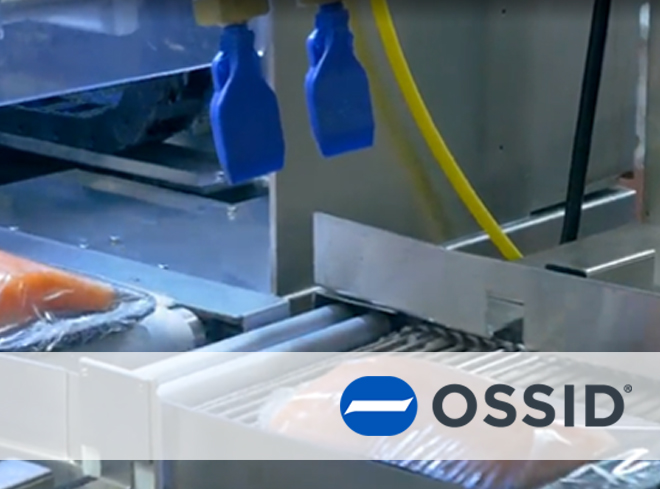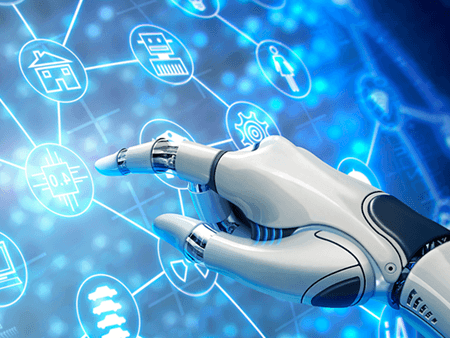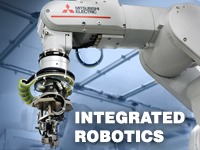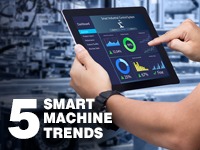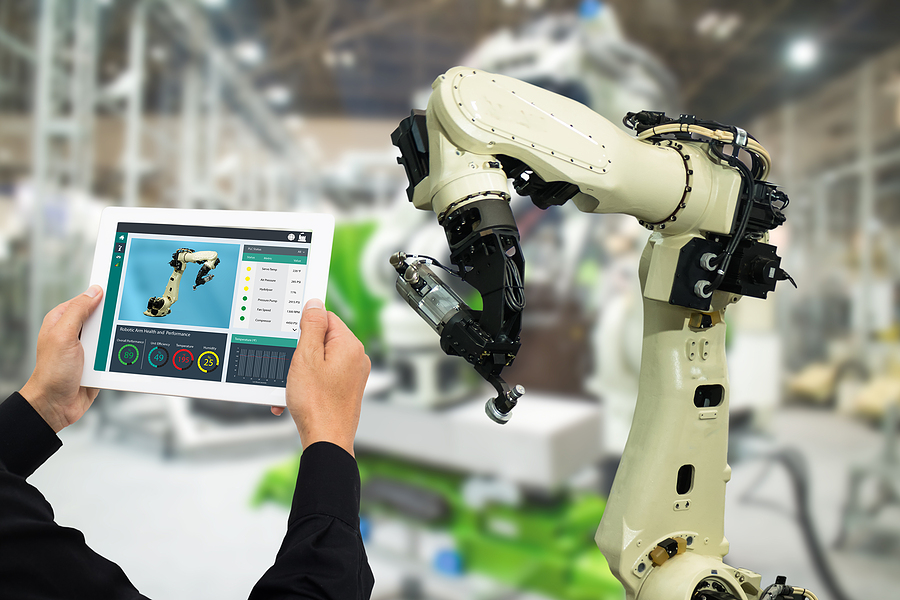
AI and automation have the power to completely transform manufacturing plants across the U.S. Grants and incentives from the government make it easier than ever to start upgrading plants to embrace innovative technologies designed to improve product quality, safety on the work floor, and produce output. Yet, only 44% of the manufacturing companies in the U.S. use AI in their plants. Despite this, reports find AI is capable of increasing productivity by at least 40%.
AI is key in continual improvements that put your plant ahead of the competition. It all starts with the shift to automation and AI, and learning how to use advancing technology to grow and become the top of your field.
What Is AI in Manufacturing?
AI uses several different technologies, including computer vision, machine learning, and natural language processing. With these three technologies working together, AI can analyze data, identify patterns, predict outcomes, and use those insights to adjust processes.
- Computer Vision: Useful for having a system look at a video or image and quickly spot defects or potential issues, which is essential for quality control.
- Machine Learning: Useful for processing algorithms and data to replicate how humans learn, which improves accuracy with decision-making.
- Natural Language Processing (NLP): Useful for recognizing typed or spoken commands in many languages to summarize or generate text and other forms of content on demand, which makes it valuable for customer service and voice-operated commands.
AI is beneficial in two areas of a manufacturing company. First, it helps streamline processes, which boosts the speed at which new and existing products are designed, tested, manufactured, and available in the market. AI also analyzes data at lightning-fast speeds. You’ll have exact, real-time supply chain monitoring, predictive maintenance and diagnostics, and heightened quality control.
It does all of this through AI-driven tools that consistently collect and analyze the data you tell it to. It takes what it learns and constantly calculates how to do things better, more efficiently, and safer. While computer programs do the calculating, it all starts with the people who are instructing it on what to check by setting up the software and creating the code that helps get the process started.
Explore the Benefits of AI in Manufacturing
That’s what AI does. How does it benefit a manufacturing plant when it comes to continuous improvements?
Data-Driven Insights
How are continuous improvements currently handled in your manufacturing plant? You likely have employees who track reports, look at historical data, and analyze where things aren’t doing well and where there is room for improvement. It’s time-consuming and prone to human error.
AI is able to provide data-driven insights that use machine learning to analyze sensor readings, production logs, sales reports, and quality control data to constantly make adjustments or recommendations that boost your output and fine-tune quality.
Factory Optimization
Do you often run into problems with one area of the plant being unable to do anything because there’s a bottleneck in another area of the plant? Process optimization in your factory is essential to keeping things flowing.
AI can study how quickly one department completes its part and analyze where things go wrong. It can determine if machines aren’t being run to the speeds they’re capable of handling. It can determine if the scheduling isn’t as efficient as it could be and offer guidance to improve the efficiency.
For example, you have a scheduler who often cuts into a line with a rush order that was overlooked. That requires a full machine cleanout, new settings, and starting over, which wastes time. AI won’t miss that and needs to cut in.
Inventory Management
Have you ever had your workers come to you with news that they can’t run a product because they ran out of something? AI can analyze all future work orders and compare them to the supplies that are in the warehouse and ensure there are enough of the required supplies. If something is running low, AI orders it before you’re close to running out.
Predictive Maintenance
That’s one way AI improves manufacturing. It’s also capable of predictive maintenance. How many times has a machine suddenly failed and put you behind on orders? Do you end up having to wait weeks or months for the new part to arrive?
With predictive maintenance, AI analyzes sensors and other components to predict how much life is left before they wear out. It makes it easier to determine when to replace parts before it’s too late. You can schedule the repair in advance at a time that’s convenient for your product runs. You can also make sure the part is in your warehouse before you need it.
Quality Control
Recalls and product defects plague manufacturers. End that with AI. AI-powered vision systems scrutinize products to ensure there are no flaws. They’ll see things that humans miss. It improves quality and helps reduce scrap and the need to start over and run the item over again, which wastes time and money.
Overcoming Any Challenges in Embracing AI
While the potential of AI in continual improvements is clear, it can also lead to challenges that you have to consider. Make sure you are taking care of these potential hurdles before diving into AI.
Clean Up Your Databases
The quality of your reports in databases has to be clean and complete. If you haven’t been great at recordkeeping, AI will struggle to do what you need. It pays to have someone go through your records and make sure the data is clean and ready for AI to use.
While doing this, you need to make sure the data is fair and transparent, too. If you have any data that is biased in one way or another, AI will continue following that bias.
Employee Pushback
Your employees likely hear AI and automation and panic. They’ll worry that they’re being replaced by machines. Make it clear from the start that they will be given opportunities to grow their skills to work with AI. They’re going to learn valuable technology skills that will take them farther and give them a leg up for finding higher-paying jobs within your company.
Security and Privacy
Even before AI, malware, spyware, ransomware, and other breaches were a big threat. AI doesn’t stop that. There are and always will be security risks when you’re connected to the internet.
Make sure you’re taking steps to protect the private information of your employees, contractors, and customers. Use AI to help find potential weak spots and tighten up your security protocols.
While there are some challenges, with the right security protocols and cybersecurity measures in place, AI helps your company become an innovative leader in your industry. Your workers gain valuable skills in automation and coding, your output is faster with enhanced quality control, and your customers are happier. AI is a game-changer in manufacturing innovation.
Are you ready to learn more about the benefits of AI in continual improvements in your manufacturing facility? Mitsubishi Electric has decades of experience in advancing technology like robotics, AI, and automation. We’re leaders in our field and have helped many companies accomplish more than they ever imagined.
You could be next. Reach out to our team and let us know more about your plant and what you hope to achieve.
Work with Us and Succeed
We love our customers and the challenges they bring to us. We also like to let our customers shine by discussing how we worked together to solve their biggest challenges. If you have a challenge that needs to be solved and would like to be our next BIG success story, reach out to us and let’s connect!

